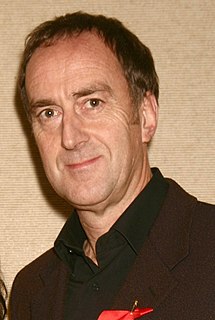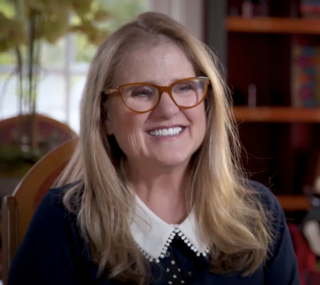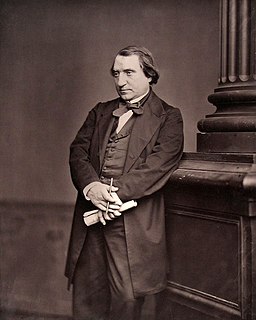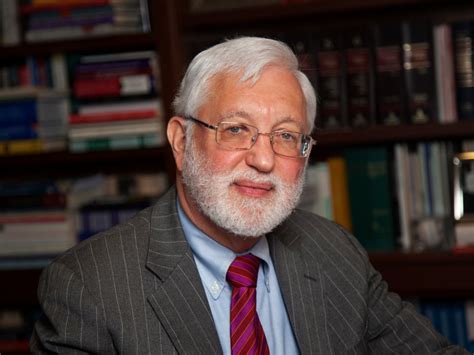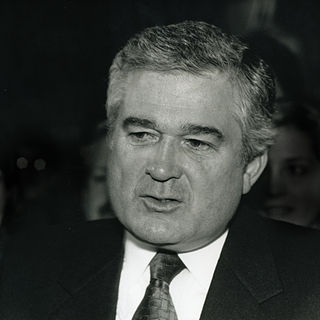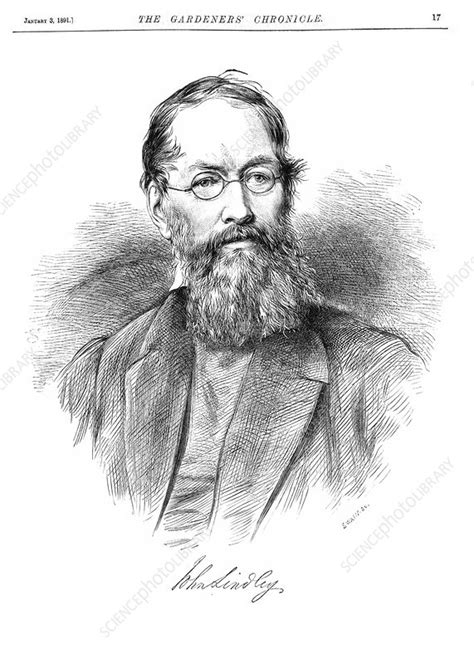A Quote by Angus Deayton
That's sort of what showbusiness is - a charade. People are basing their assumptions about you on half the facts. The rest of it just isn't true.
Related Quotes
I'M INTROSPECTIVE, because sometimes I want to take "our" side without looking at the facts in situations like these. Sometimes I feel like it's us against them. Sometimes I'm just as prejudiced as people I point fingers at. And that's not right. How can I look at white skin and make assumptions but not want assumptions made about me? That's not right.
One of the dangers today is that when we don't like what the facts tell us, we just attack the facts, and we undermine the credibility of institutions. That is true not just for reporting; it's true of when people are attacking the congressional budget office, or when they're attacking certain science - that's where we can get into a dangerous realm.
Scientific facts are often described in textbooks as if they just sort of exist, like nickels someone picked up on the street. But science at the cutting edge, conducted by sharp minds probing deep into nature, is not about self-evident facts. It is about mystery and not knowing. It is about taking huge risks.
Half the people in the world think that the metaphors of their religious traditions, for example, are facts. And the other half contends that they are not facts at all. As a result we have people who consider themselves believers because they accept metaphors as facts, and we have others who classify themselves as atheists because they think religious metaphors are lies.
White people don't have that problem, they get to go through life never having to fit into a box, and it's really more so true for white men because even just being a woman, you sort of have to walk around other people's assumptions of you and it's so exhausting and there's a sense, especially among young people of wanting to just live your life, not having to wear the weight of that pressure - pressure that people of color feel, that gay people of color feel, that women of color feel.
We have a tendency to make assumptions about everything! The problem with making assumptions is that we believe they are truth. We could swear they are real. We make assumptions about what others are doing or thinking-we take it personally-then we blame them and react by sending emotional poison in our word. That is why whenever we make assumptions, we're asking for problems. We make assumptions, we misunderstand, we take it personally, and we end up creating a whole big drama for nothing.
An application of judicial power that does not rest on facts is worse than mindless, it is inherently dangerous. If its deployment does not rest on facts - cold, hard, solid facts, established either by admissions or by trials - it serves no lawful or moral purpose and is simply an engine of oppression.
